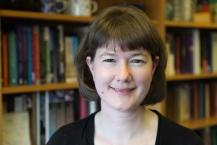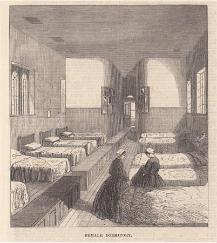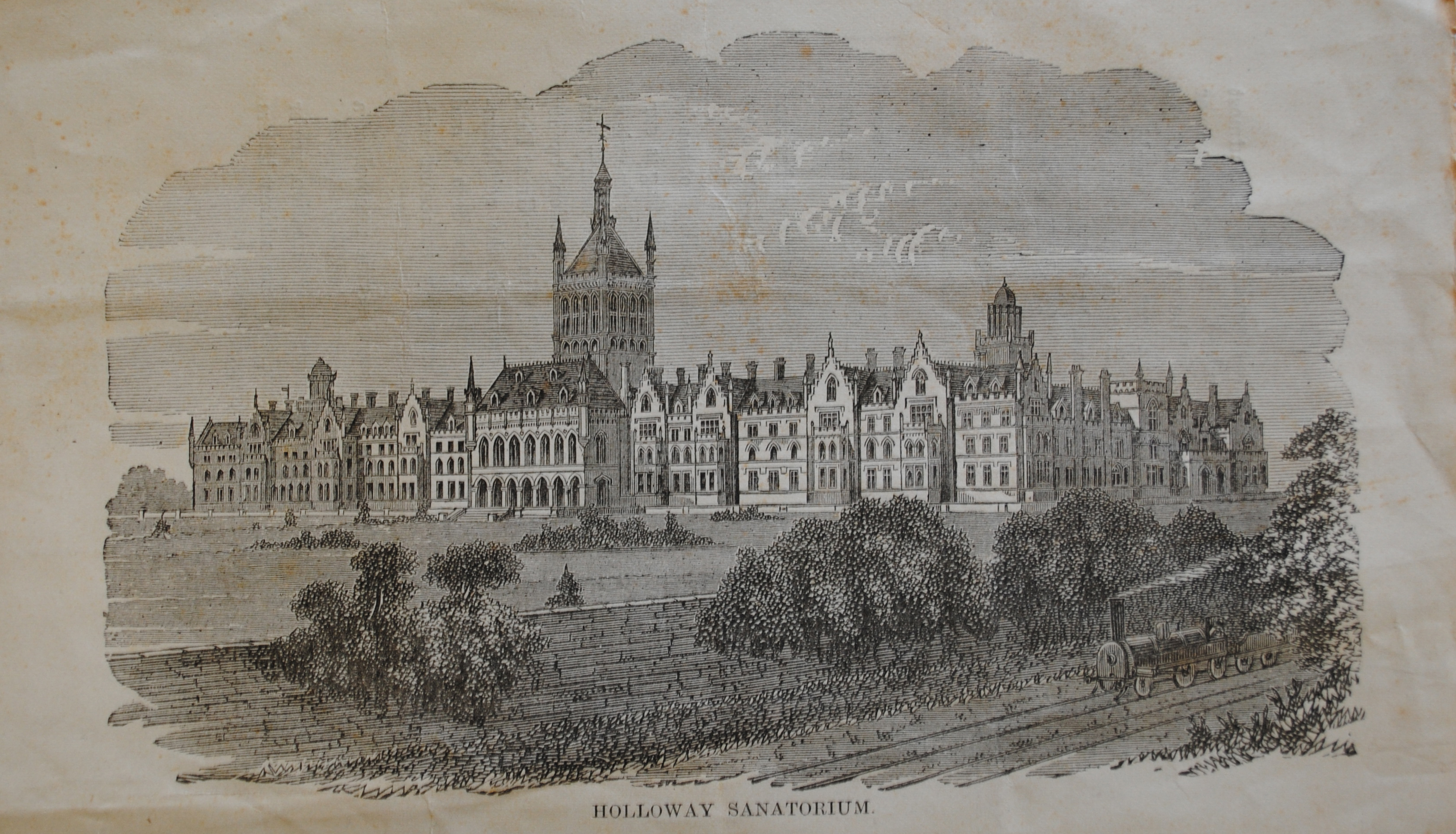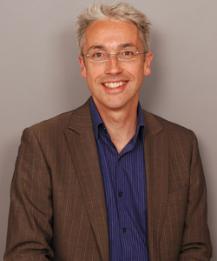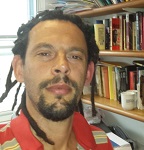Wednesday 24 May 2017, 3.00pm to 4.00pm
Speaker: Dr James Cornford, University of East Anglia
The adoption of children from care is a form of state-led family making – what Derek Kirton (2013) has called ‘Kinship by design.’ As a practice, it is reliant on a variety of forms of data that are gathered, organised and interpreted to inform the various agencies involved, including children and prospective adopters, social workers, psychologists and clinicians, the family courts, as well as policy makers and academics. The recent regionalisation of adoption, which can be traced back to Michael Gove’s time as Minister at the Department for Education, has sought to ‘radically redesign’ the whole adoption process, building systems around ‘the needs of children,’ incorporating the statutory and voluntary sectors to deliver ‘evidence-based decisions’ and ensuring that ‘the right accountability’ is in place (DfE, 2016). Reform has built on a greater use of large-scale data within the whole adoption system and a more systematic analysis and interpretation of that data (Dickens et al. 2014; Selwyn and Masson, 2014; Farmer and Dance, 2015).
This paper, part of a wider set of studies of how public services ‘think family’ (Cornford et al. 2013), examines the interaction different cultures of data in the reform of the adoption process in England drawing on action research in one regionalisation project. Different perspectives on data associated with different epistemological and moral positions give rise to a set of antinomies – retrospective versus prospective, population-level versus individual case- level, static versus dynamic, representational versus performative – that structure the field. The tentative conclusion is that creating a more data-driven adoption process is a more complex matter than at first might be imagined.
-218x160.png)
References
Cornford, J., Baines, S., & Wilson, R. (2012). Representing the family: how does the state ‘think family’? Policy and Politics, 41(1): 1-18.
DfE (2016). Adoption: A vision for Change (March). London: DfE.
Dickens, J., Beckett, C., & Bailey, S. (2014). Justice, speed and thoroughness in child protection court proceedings: Messages from England, Children and Youth Services Review, 46: 103–111.
Farmer, E., & Dance, C. (2015). Family Finding and Matching in Adoption: What Helps to Make a Good Match? British Journal of Social Work, 46(4): 974-992.
Kirton, D. (2013). ‘Kinship by Design’ in England: reconfiguring adoption from Blair to the Coalition, Child and Family Social Work, 18: 97-106.
Selwyn, J., & Masson, J.M. (2014). Adoption, special guardianship and residence orders: a comparison of disruption rates. Family Law Journal, 44: 1709-1714.
Location: Environment Building (next to Sociology), Lecture Theatre ENV/005
Admission: FREE - Eventbrite ticket
